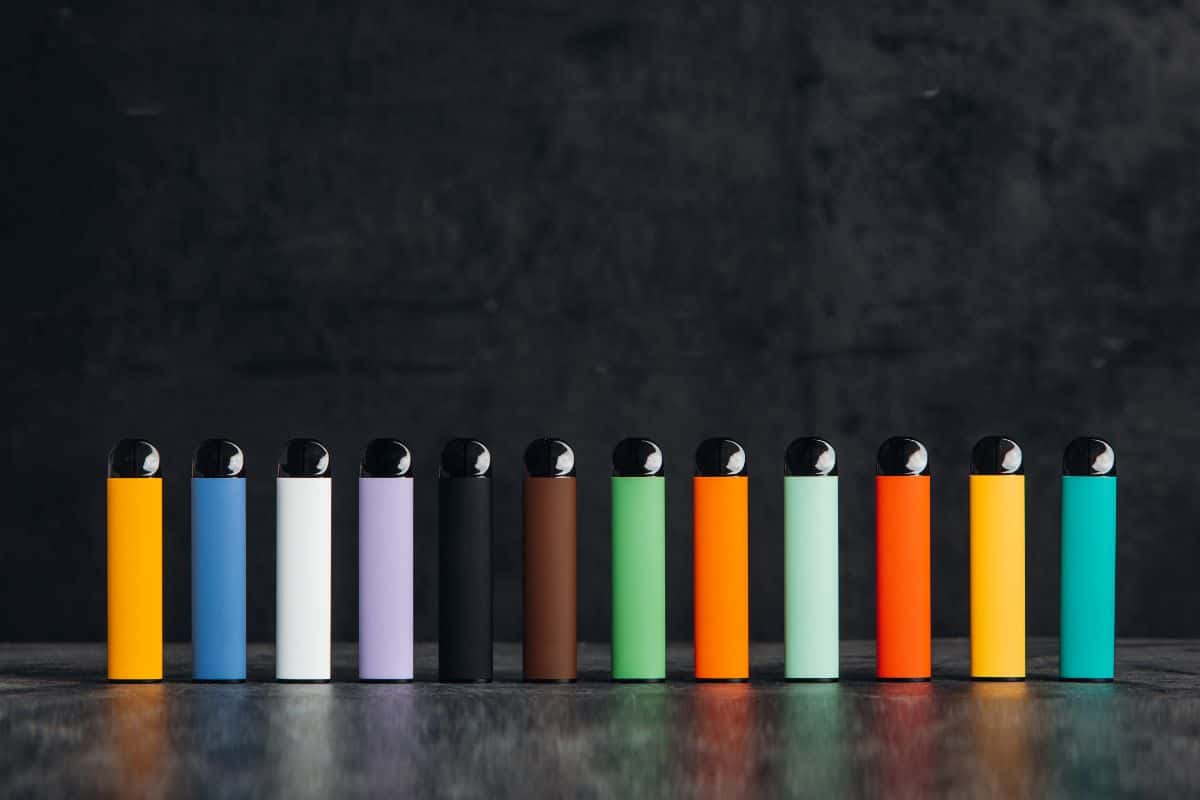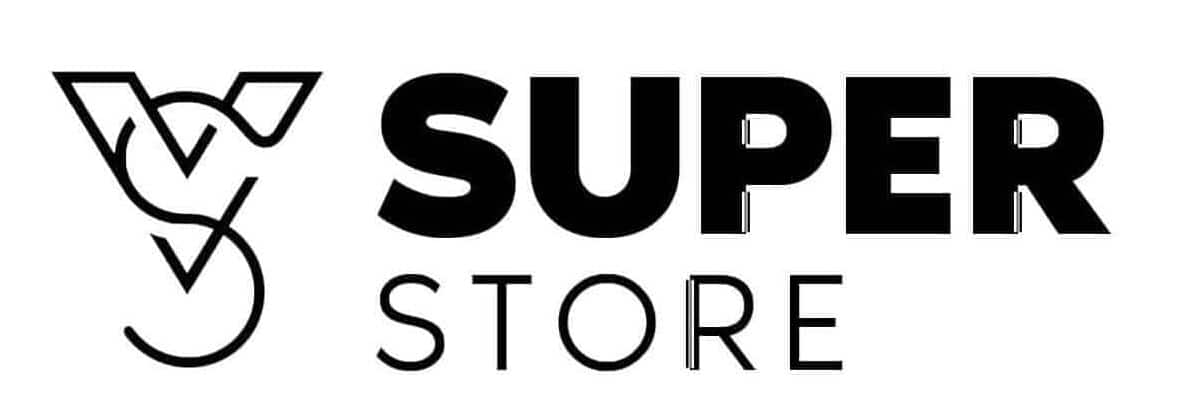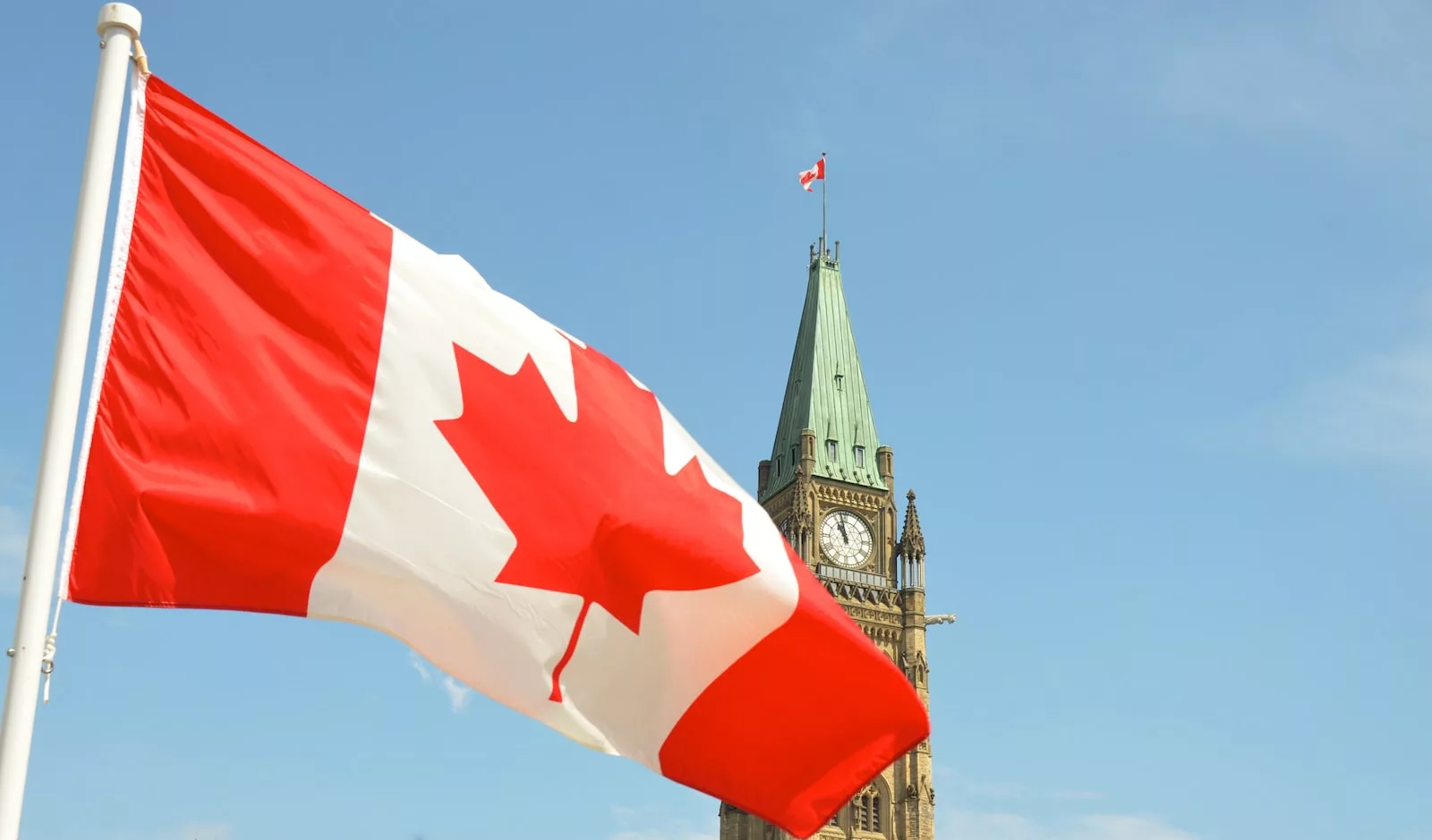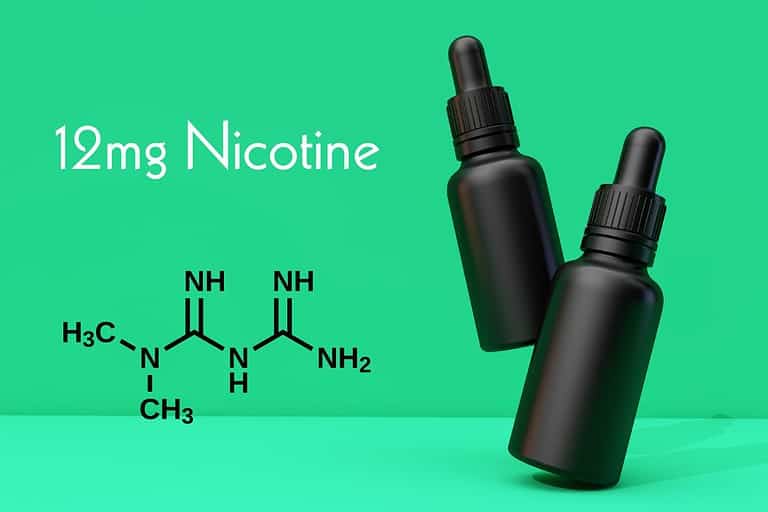Heavy Federal Vape Tax Looms Over Canada
Canada has long been known for its progressive stance when it comes to regulating the sale of vaping products. But now, the Canadian government is considering a proposal that could drastically change the vaping industry in Canada and leave many manufacturers, retailers, and consumers feeling the pinch. The proposal is a federal tax on all vaping products sold in Canada.
Proponents of the measure argue that such a tax would help combat youth vaping rates, while opponents argue that it could have an adverse effect on businesses in the industry. In this blog post, we will explore both sides of this issue and discuss how it might affect Canadians.
Table of Contents
The Proposed Tax
The proposed tax would add $1.25 to the price of a 40ml bottle of e-liquid, and $0.25 to the price of a 10ml bottle. This would make it more expensive for people to buy e-liquid, and could lead to people quitting vaping altogether. The tax would also make it harder for small businesses to stay in business, as they would have to increase prices to cover the cost of the tax.
NEW CUSTOMER DISCOUNT
Save 15%
15% OFF YOUR ENTIRE ORDER FOR NEW CUSTOMERS USE CODE WELCOME15!

The Effects of The Vape Tax
The federal government’s proposed vape tax could have a significant impact on the industry, as well as on vapers themselves. Here are some of the potential effects of the tax:
- The vape tax could increase the price of vaping products, making them less affordable for many people.
- The tax could also lead to job losses in the vaping industry, as companies struggle to cope with the new costs.
- The tax could make it harder for small businesses to survive in the vaping industry, as they would have to pass on the increased costs to customers.
- The tax could discourage people from switching to vaping from smoking, as they would be faced with higher prices for vaping products.
- The vape tax could generate revenue for the government, which could be used to fund initiatives to reduce smoking rates.

Background information
In May 2018, the Canadian government announced that it was considering imposing a heavy federal tax on vaping products. The proposed tax would be based on the amount of nicotine in the products, and would range from 20 to 80 percent. This would make Canada one of the first countries in the world to implement such a tax.
The government has justified the proposed tax by citing public health concerns around vaping, particularly among youth. They argue that the high cost of vaping products would deter people from starting to vape, and discourage current vapers from continuing.
There is significant opposition to the proposed tax, both from within and outside of the vaping community. Many argue that it would be unfair to target a relatively new industry with such a high tax, and that it would ultimately punish responsible vapers who are using vaping as an alternative to smoking cigarettes. Others argue that the government should instead focus on regulations that would address underage vaping, rather than penalizing all vapers with a high tax.
The Canadian government is currently consulting with stakeholders on the proposed tax, and a decision is expected to be made in early 2019. In the meantime, vapers across Canada await anxiously to see if they will be subject to this new taxation.

How is the Vape Excise Tax Compared to Cigarettes?
In Canada, a new federal excise tax on vaping products is set to take effect in February 2020. The tax will be imposed on all vapor products, including e-cigarettes, e-liquids and accessories. The tax rate will be $0.25 per milliliter of e-liquid, and will be applied to both domestic and imported products. This is in addition to the existing taxes on tobacco products, which are already among the highest in the world.
The government says the new tax is needed to offset the health care costs associated with vaping, which are estimated to be $4.6 billion over the next 25 years. However, critics say it will make vaping less affordable and could lead people to switch back to smoking cigarettes, which are much more harmful to health.
So how does the new vape excise tax compare to the taxes on cigarettes? In Canada, a pack of 20 cigarettes currently attracts a federal excise tax of $21.56, or about 108% of the retail price. For a typical bottle of e-liquid containing 50 ml of liquid, the new excise tax would be $12.50 – just over double the current price after taxes (which vary by province).
So while the new vape excise tax is significant, it’s still far lower than the taxes on cigarettes – even though cigarettes are far more harmful to health. This suggests that the government’s main goal with this tax is not to reduce vaping rates
Browse popular vape collections:
- Nicotine Disposables
- 2000 Puff Nicotine Disposable Vapes
- 2500 Puff Nicotine Disposable Vapes
- 5000 Puff Nicotine Disposable Vapes
- 6000 Puff Disposable Nicotine Vapes
- 7000 Puff Nicotine Disposable Vapes
- Disposable Vape Deals
- Best Vape Brands
- 8000 Puff Nicotine Disposable Vapes
- 9000 Puff Nicotine Disposable Vapes
- 5% Nicotine Disposable Vapes
- Rechargeable Nicotine Disposable Vapes
- Vape Coils
- Dab Wax Pens
- Dab Wax Pen Battery
- Yocan Vapes
- Vape Cases
In Conclusion
In conclusion, it is clear that the proposed federal vape tax would have a negative impact on the Canadian vaping industry. This tax would make it more difficult for small businesses to compete, and would likely lead to job losses. Moreover, it would make vaping products more expensive for consumers, which could discourage people from using these products and potentially lead to increased smoking rates. The federal government should reconsider this proposed tax in order to avoid these negative consequences.
Resources:
- https://www.urban.org/policy-centers/cross-center-initiatives/state-and-local-finance-initiative/state-and-local-backgrounders/cigarette-and-vaping-taxes
- https://www.betterhealth.vic.gov.au/health/healthyliving/e-liquids-for-use-in-e-cigarettes
- https://www.cdc.gov/tobacco/basic_information/e-cigarettes/index.htm







